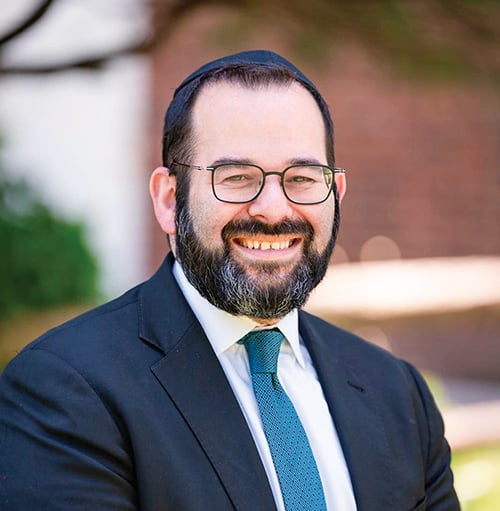It had been a long time since we drove to Montreal. We wondered at the fact that it was December and there was not a drop of snow anywhere, not even a sprinkling. Usually, at this time of year we would be petrified of what would lie ahead as we would drive through the Adirondacks. It was not uncommon that we would leave sunny Albany and ten miles later, somewhere near Saratoga, the roads would become treacherous and totally iced. How many times did we say to ourselves that putting our lives in such danger was something that we should begin to reconsider in the future?
Gleefully, as we began to approach the border, beginning with about 70 to 80 miles away, Nina turned on the radio, looking forward to the English radio station CJAD which every Anglophone listens to in Montreal. Static, static, static offended our ears until finally, as we approached the border, we heard a familiar voice, and our station of choice was coming through loud and clear. We passed Canadian customs and were curious what the news was going to be in Montreal, as it was exactly 5 p.m. The first news item was quite unbelievable and amusing to our ears. Keep in mind, this was the highlight of the 5 o’clock news. P.K. Subban, a well-known hockey player with the Montreal Canadiens, was being criticized by the Office de la Langue Francaise—better known as the language police. His offense, as suggested by them, was for calling himself P.K. and not Pay Kah, which would be the letters’ pronunciation in French. We turned to each other and said, “Nothing has changed here.” The absurdity of having a language police to begin with, especially for our community, reeks of foul odor from the years of the war. In the year 2015, that there can even be such a discussion, even if most take it as jovial, still jolts our memories and does not bode favorably with us. On the other hand, when discussing it with our friends in Montreal, no one really takes it too seriously. It has become a part of the life of a Quebecer. No one expects signs to be in English and everyone expects that when stopped by the police for not stopping at a sign or for speeding, the policeman will always begin his discussion with you in French. They will never initiate a discussion in English. Upon realizing that you are an Anglophone they will try to accommodate you by speaking English, but not all of them are able to and not all of them want to even if they are able. One might then ask oneself, why then would anyone want to live in Montreal?
We, the Glicks, have been spouting the greatness of the Montreal community since we moved to New Jersey. We have tried to concentrate on those thoughts in the last few days. We think that what we loved so much was the blending of so many different types of Jews living together in harmony and doing such a good job at it. The Sephardim, Ashkenazim, Chasidim, Charedim all work together to make it gel. There is also considerable outreach to unaffiliated Jews with tolerance and love. There is a feeling that we are all one, no matter what we believe or think. People in Montreal are not afraid to have their children play with children who come from homes that are not observant. They teach them that we are all Jews, whether or not someone is shomer Shabbat. Let’s face it: As long as one’s mother is Jewish, a person is automatically Jewish and their level of observance is irrelevant.
At a simcha that we attended this weekend, we listened as guests from the New York and New Jersey area spoke of Teaneck as being a “Modern Orthodox community with good restaurants.” I asked one particular individual if he had ever been to Teaneck for a Shabbos. I talked about the shiurim that take place daily. I told him that I resented the way the Teaneck community was categorized and it is exactly that type of rhetoric that makes Montreal so special. We are all Jews—it really does not matter what size kippah one wears, whether a black hat is a form of identification, whether one’s skirt is below her knee or down to her ankles. In Germany, no one was asked those questions when they were taken away. The only criteria was that they had two Jewish grandparents or if they were affiliated with a Jew by marriage.
Yes, there we were defending the wonderful Teaneck/Bergenfield/New Milford community. Yet, in the back of our minds was the fact that in Montreal we rarely felt the need to defend ourselves. We were just one community trying to work together.
By Rabbi Mordechai and Nina Glick













